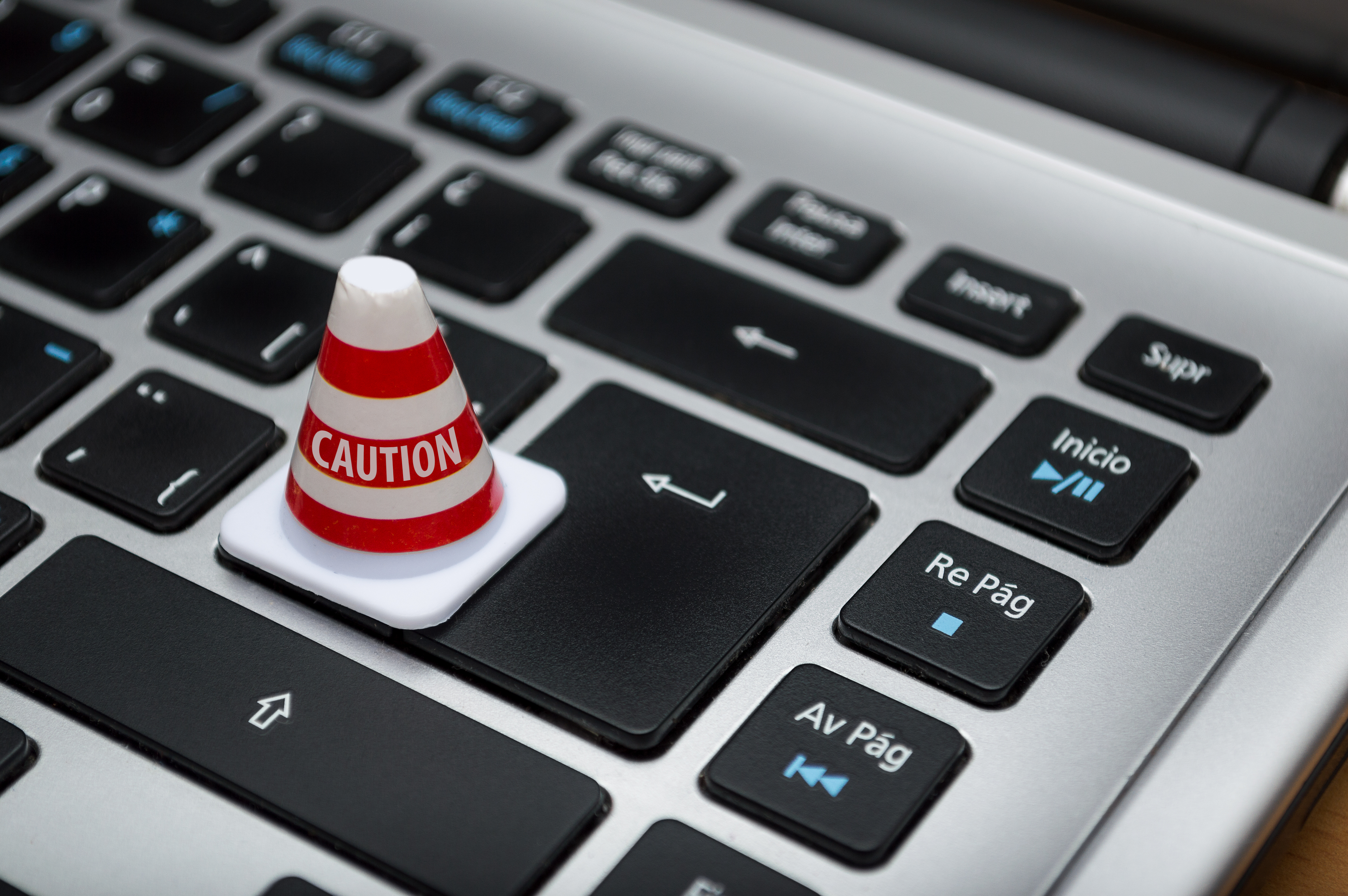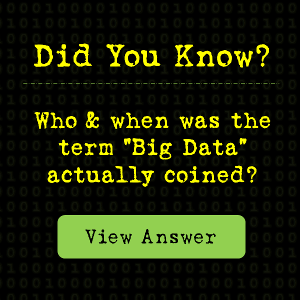How to Protect Your Data From Cybercriminals
It’s getting scary online. Though you might have only heard of WannaCry, it turns out that cybercrime – and particularly ransomware attacks – have been steadily on the rise for a while now. And as these can be quite expensive, you really want to take action before they’ve hit.
But how do you do that? What steps should you take to make sure that you’re not vulnerable? That’s a big question that everybody should take very seriously and know the answer to. That’s why I wrote this article. So that you can be better prepared.
Update your computer
Step one, make sure that your computer is updated. It’s not hard to do. There is a constant stream of updates coming out of the computer companies to keep your computer protected. Make sure that you use it.
Also, switch to newer operating platforms. Yes, I know you like XP, but they’ve stopped updating that software a while ago, which means that each additional security breach that is found means another hole in the wall.
So upgrade and update. The new platforms really aren’t that bad. The companies do listen to what people have to say and are constantly taking steps to make it a better experience.
Don’t just stop there, either. You also need to upgrade the actual software that you use – like the browser that you access the internet with any other similar software. These updates aren’t just there to make your experience better. They’re also there plug security holes.
Don’t use your computer in administrator mode
Why not? Because if you use it in another mode, then in most situations a virus or malware needs to ask you for permission (and a password) before it can change anything on your hard drive. That means you’ve got an additional layer of protection in place to protect yourself.
Setting up an additional account that isn’t an administrator account is easy. You can do so in five minutes. Just give it a different name and use a different password. Then continue going as you normally would. The only drawback is that occasionally you’ll need to put in the administrator password in order to install new software. And in return, you’re protected from a whole host of problems!
Of course, that only works if you’re not an idiot and don’t give permission to odd programs trying to get access to your hard drive, but if that’s the kind of thing you like doing, then I’ve got some diamonds to sell you.
Have anti-virus software installed
Make sure that you’ve got some good software installed that can offer you great protection. Get it from a source that you can trust, like this PCmag article. Do not, I repeat, do not believe those windows that pop up to tell you that you’ve got some kind of malware or virus on your computer unless they’re from the virus protection software that you’ve specifically installed.
Often, these are attempts to install actual viruses and malware on your computer. Yes, it’s sneaky, yes you should be outraged, no you should not click on any window that just opens like that. In fact, you should probably go ahead and install a pop-up blocker. That will take care of most of them.
Also, make sure that your anti-virus has a firewall this will help keep a barrier between your computer and the world out there. Yes, it won’t be perfect, but it will be a heck of a lot better than nothing at all.
As an extra bonus, most hackers aren’t trying to get into Fort Knox so you don’t need to get help writing a research paper in order to get them right. Instead, they’re looking for vulnerable systems that they can quickly infiltrate to then use in some other way. And so, if you can have things like a good virus killer and a strong firewall installed, chances are you’ll be left alone most of the time.
Change your passwords
You should change them every few months or so and make sure that you don’t have the same passwords in different places. Also, don’t use passwords that are easy to guess – like birthdays, names of pets or children, or stuff you write on a post-it note and stick to your screen.
Here is a list of the most common passwords. If your passwords are on there, shame on you!
It’s much better to use some kind of gibberish code that can’t be guessed. How do you remember? Well, you can use one of those password managers for your computer. Then you only need to remember the passwords associated with that password manager. Of course, it has to be an incredibly tough one, as it protects all your other ones, but that’s easy enough to remember.
Want to write it down, just to be safe? I hear you. And you can. Just make sure that it’s not the only letters on a page. A good strategy is to generate a whole host of gibberish, paste it on a page (without enters), put your passwords somewhere in the middle, and then store that somewhere. As long as it all looks the same, people won’t know where your password starts.
Of course, if they get a hold of it, you’re still in trouble, so you’ll want to change your passwords quickly, but at least you’ll have a little time.
An easy way to generate this list is to use a password generator and then copy and paste what it has generating a page (again, without enters). That will create a string of random symbols for you, with only you knowing which part of the string is relevant for you.
As a final note, if you print out this page that’s fine. Just make sure that as you copy the password from the page into your computer, you don’t draw a line with your finger under your password. After a while, this will leave a mark and render your attempts at security futile.
Back things up
The best protection will eventually get broken. That’s just the way the internet works. For that reason, make sure that you create backups. The most important files need to automatically be updated into the cloud, even while your computer needs to have a working backup copy that you can install if they do manage to corrupt your system.
Yes, it is a bit of work, but it is absolutely vital. Besides, it isn’t actually that hard. What’s more, when you have the right tools installed and you know what you’re doing, it suddenly becomes a breeze. Just set your computer to back up when you don’t need to use it and it will be done soon enough.
Then, if something goes wrong, you’ll simply go back to the version that you had before and keep working from there. It is true that you’ll lose something, but that’s a hell of a lot better than losing everything, don’t you think?
It doesn’t matter whether your computer is where you work or where you only play if you lose access to it that can put a big crick in your plans. I mean, could you imagine losing all of your pictures? Or whatever else you’re using? I didn’t think so. So back up!
Last words
It used to be that viruses just made your computer do funny things. No longer. Now they take over systems, spread themselves, crash important infrastructure and influence politics. The more serious they get, the more serious you need to be about stopping them. Because rarely are the people who use viruses not using them for nefarious intent.
So, boost your computer and your security. Don’t wait. Do it today. And remember, the biggest shortcoming of any security net is not what’s on your computer but what is sitting in front of it. That’s right, I’m talking about you.



 Nelma
Nelma







Thank you for sharing. Some of the tips are indeed good and I think people should follow them to safeguard their data and work.